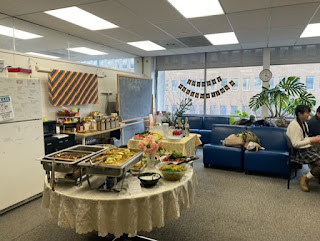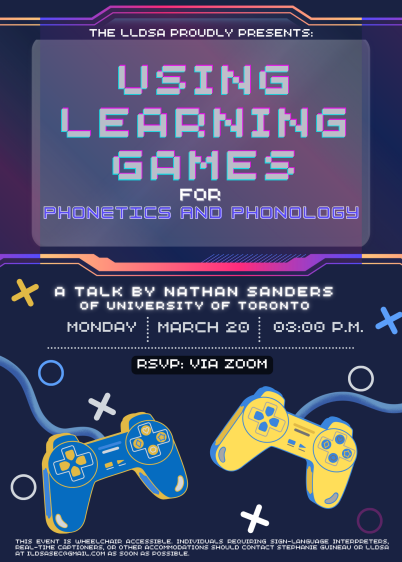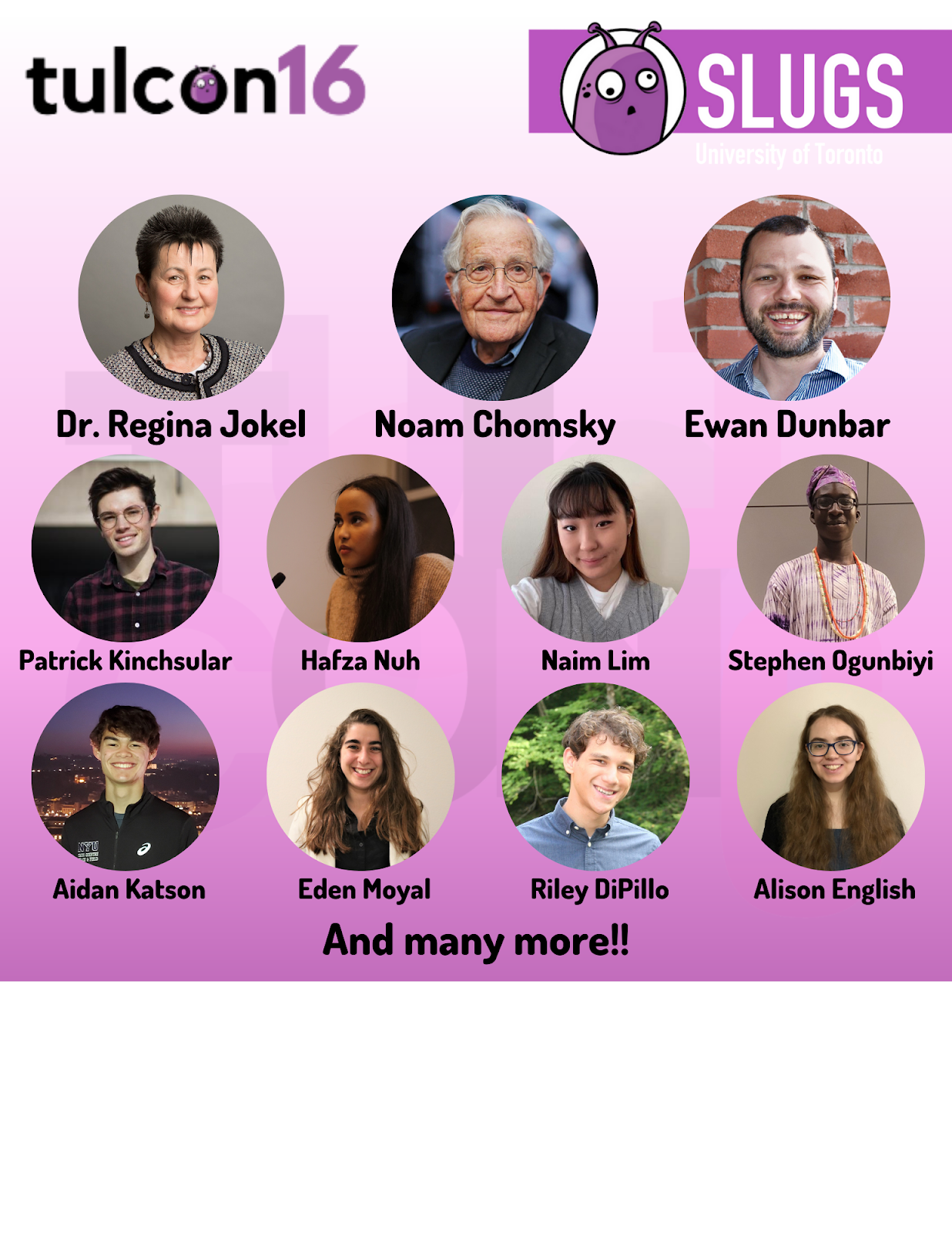Congratulations Sali!La Dre Sali Tagliamonte [English version below]
La
professeure Sali Tagliamonte (PhD U. d’Ottawa, 1991; MA U.
d’Ottawa 1983; BA (Hons) U. de Toronto, 1981), directrice du département
de linguistique de l'Université de Toronto, est une spécialiste
mondialement reconnue de la sociolinguistique variationniste. Sa solide
réputation mondiale repose sur plusieurs aspects, notamment son
développement astucieux de la théorie sociolinguistique, son adoption
essentielle de la méthodologie sociolinguistique qui a changé
la discipline et l'impact de ces contributions sur la description dans
le domaine. En effet, son leadership scientifique au Canada et dans
le monde, manifesté par des contributions pionnières substantielles et
distinguées au cours des trois dernières décennies, une communication
efficace des résultats de la recherche grâce au mentorat universitaire
et à la sensibilisation du public, et des initiatives extraordinaires de
renforcement de la communauté linguistique, ont élargi les
frontières de la recherche et grandement enrichi le domaine de la
sociolinguistique variationniste.
Certaines de ses contributions
les plus importantes sont les suivantes: elle a publié des
livres universitaires innovateurs, des manuels scolaires
révolutionnaires et une chronique authentique engageante et importante
de l'émergence de ce sous-domaine linguistique du pionnier William Labov
(1927-) et de ses contemporains. Ces travaux constituent à eux seuls
une œuvre inhabituelle dans un domaine où les articles dans des revues
internationales sont la norme. En effet, Cambridge University Press, le
principal éditeur de travaux dans ce domaine, s'est engagé à recevoir
d'elle deux autres livres. La professeure Tagliamonte a également initié
et dirigé des avancées dans les méthodes statistiques et quantitatives
pour étudier la variation et le changement de la langue; elle a
dirigé plusieurs projets de collecte de données sociolinguistiques,
inégalés en taille et en portée; ses archives VSLX Lab, contenant une
profondeur temporelle inégalée de locuteurs couvrant les années de
naissance de 1879 à 2011, et plus de 16,3 millions de mots de plus de
1,400 personnes, ont adopté, numérisé et transcrit un certain nombre
d'enregistrements dialectologiques et d'histoire orale représentant les
premiers stades de l'anglais en Ontario. En tant
qu'enseignante remarquablement performante et innovante, elle a
spécifiquement conçu des pratiques pour intégrer l'apprentissage et
transmettre l'enthousiasme et l'importance de la recherche à ses
étudiants, en commençant par les étudiants de premier cycle et
en continuant jusqu'aux boursiers postdoctoraux. Enfin, grâce à
des processus concurrentiels, elle a obtenu plus de deux millions de
dollars en soutien financier fédéral pour aider à fournir ces
contributions exceptionnelles.
L'excellence en recherche de la
professeure Tagliamonte a été reconnue par ses collègues nationaux et
internationaux. En 2013, un jury composé de ses pairs l'a élue membre de
la Société royale du Canada - la plus haute distinction pouvant être
obtenue par un universitaire canadien. Cette même année, en
compétition avec des collègues de toutes les disciplines, elle a
également remporté l'une des six prestigieuses bourses nationales de
recherche Killam. En mai 2017, elle a obtenu une chaire de recherche du
Canada très convoitée, 1 sur 142 à l'échelle nationale; 1 sur 45 en
Ontario; et 1 sur 28 à l'Université de Toronto, et a été élue, encore
une fois par un jury composé de ses pairs, comme membre de la Linguistic
Association of America (fondée en 1924) en reconnaissance de
ses contributions distinguées.
L'Association canadienne de
linguistique est ravie de reconnaître la Dre Tagliamonte en
lui décernant le Prix national d'excellence 2023.
Dr. Sali Tagliamonte
Professor
Sali Tagliamonte (PhD U. of Ottawa, 1991; MA U. of Ottawa 1983; BA
(Hons) U. of Toronto, 1981), Chair of the Department of Linguistics at
the University of Toronto, is an acknowledged world-leading scholar
of variationist sociolinguistics. Her sterling global reputation rests
upon several foundations including her astute development of theory, her
pivotal embrace of discipline-changing methodology, and the impact of
these contributions on description in the field. Indeed, her scholarly
leadership in Canada and beyond, manifested through substantial and
distinguished pioneering contributions across three decades, effective
communication of research findings through academic mentoring and public
outreach, and extraordinary linguistic community-building
initiatives, have extended research boundaries and greatly enriched the
field of variationist sociolinguistics.
Some of her most
significant contributions include the following: she has
published ground-breaking academic books, field-changing text books, and
an engaging and important authentic chronicle of the emergence of this
linguistic subfield from pioneer William Labov (1927- ) and his
contemporaries onward. These alone constitute an unusual body of work in
a field where journal articles are the norm. Indeed, Cambridge
University Press, the leading publisher of work in this field, has
contracted to receive two more books from her. Professor Tagliamonte has
also initiated and led advances in statistical and quantitative methods
for studying language variation and change; she spearheaded
multiple sociolinguistic data collection projects, unmatched in size and
scope; her VSLX Lab archives, containing an unparalleled time depth of
speakers spanning birth years from 1879–2011, and over 16.3 million
words from over 1,400 individuals, have adopted, digitized and
transcribed a number of dialectological and oral history recordings
representing earlier stages of English in Ontario. As
a remarkably successful and innovative teacher, she has specifically
designed practices to embed learning and convey the excitement and
importance of research to her students, beginning with undergraduates
and continuing through to post-doctoral fellows. Finally, through
competitive processes, she secured over two million dollars in federal
funding support to help deliver these outstanding contributions.
Professor
Tagliamonte’s research excellence has been recognized by her national
and international colleagues. In 2013, a jury of her peers elected her
as a Fellow of the Royal Society of Canada - the highest honour
achievable by a Canadian academic. That same year, competing against
colleagues across all disciplines, she also won one of only six
prestigious national Killam Research Fellowships. In May, 2017, she
secured a coveted Canada Research Chair, 1 of 142 nationally; 1of 45
in Ontario; and 1 of 28 at the University of Toronto, and was elected,
again by a jury of her peers, as a Fellow to the Linguistic Association
of America (est. 1924) in recognition of her distinguished
contributions.
The Canadian Linguistic Association is delighted
to recognize Dr. Tagliamonte by awarding her the 2023 National
Achievement Award.










.jpg)






























